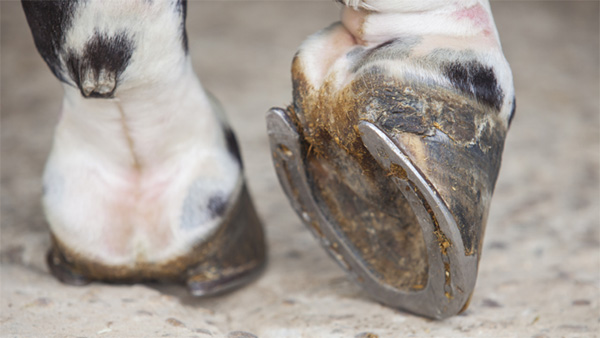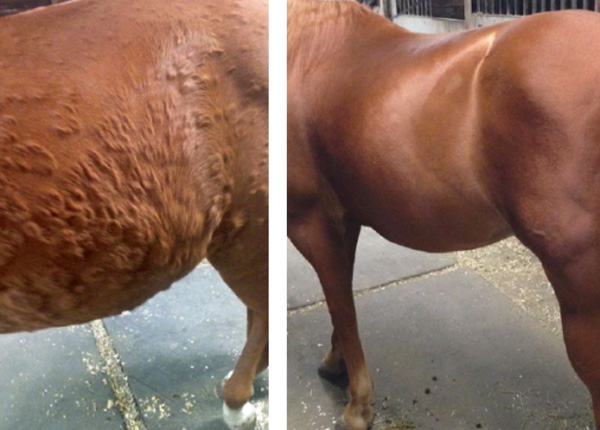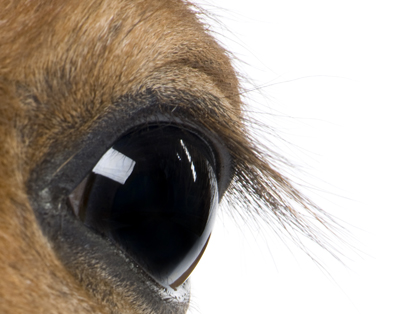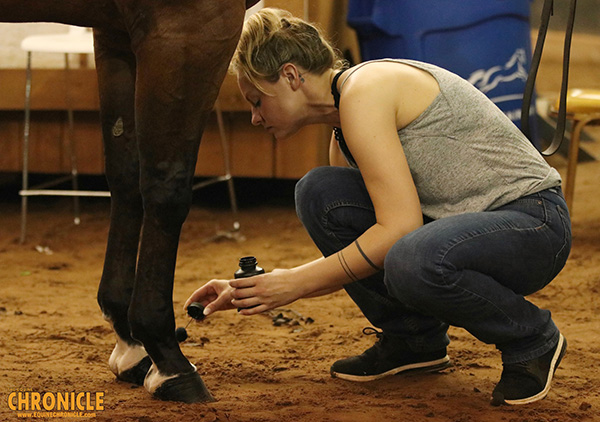Stem Cell Therapy for Osteoarthritis
May 19, 2022 Comments Off on Stem Cell Therapy for Osteoarthritis
Stem cell therapy has been utilized in horses to help heal tendon, ligament, and joint injuries for more than 20 years. Mesenchymal stromal cells (MSCs) are isolated from fetuses, foals or adult horses, and are not the same as embryonic stem cells from embryos. MSC stem cells can be isolated from almost any tissue but are most commonly from bone marrow, fat tissue or the umbilical cord of newborn foals.
Continue reading …PulseVet Designated as the Official Shock Wave Therapy of AQHA
April 15, 2022 Comments Off on PulseVet Designated as the Official Shock Wave Therapy of AQHA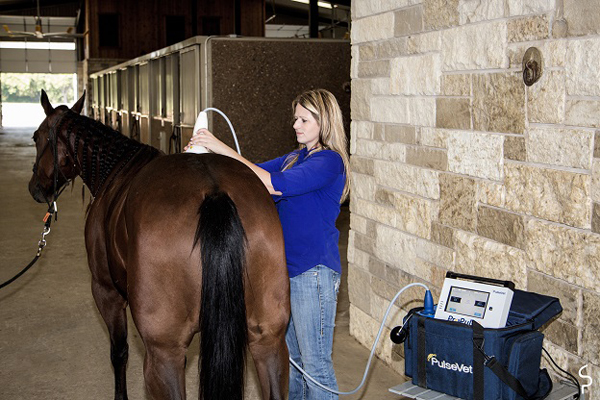
“PulseVet has a standout reputation for quality, innovation and thorough research, and AQHA is proud to associate with a partner of this caliber,” said Patty Tiberg, AQHA chief marketing and business development officer. “AQHA is pleased to join efforts with a company that supports the Association’s mission to maintain the integrity of the breed and welfare of its horses.”
Continue reading …April Dubbed Vaccination Education Month by Equine Guelph
April 12, 2022 Comments Off on April Dubbed Vaccination Education Month by Equine Guelph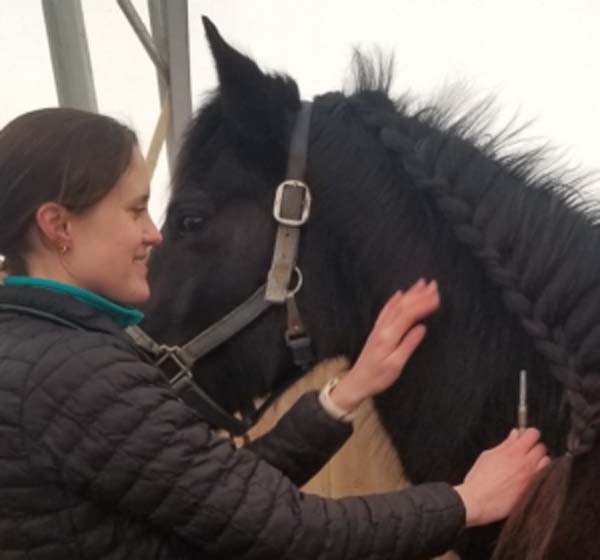
Jackie Bellamy-Zions, Equine Guelph Just one horse with an infectious disease diagnosis can close a stable or event facility. Vaccination is the best way to lower risk of loss of use, high treatment costs and unnecessary suffering for the horse. Tailoring your annual immunization plan to each equid in your care is the best way […]
Continue reading …2022 Horse Management Seminar Recordings- Nutrition, Genetics, Medicine, and More
April 9, 2022 Comments Off on 2022 Horse Management Seminar Recordings- Nutrition, Genetics, Medicine, and More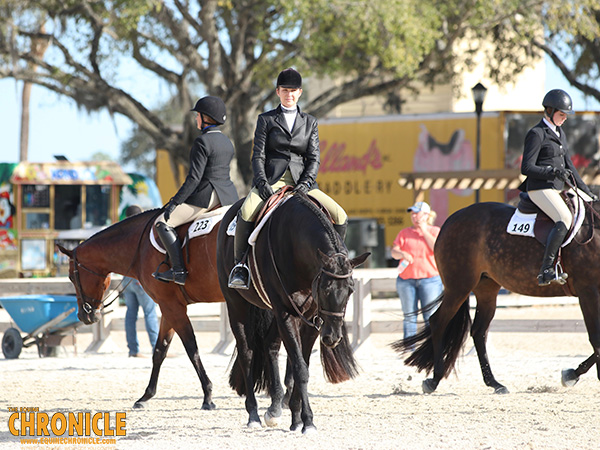
“These experts have been able to join us from their offices in places like Florida or Kentucky, bringing with them an expertise in topics such as equine rehabilitation, genomics, and rotational grazing.”
Continue reading …The Foundation for the Horse Accepting Grant Proposals from Emerging Equine Researchers
April 7, 2022 Comments Off on The Foundation for the Horse Accepting Grant Proposals from Emerging Equine Researchers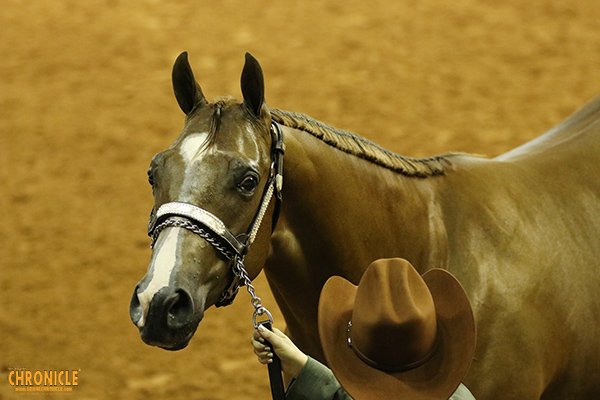
The Foundation for the Horse is accepting research grant proposals from up-and-coming equine researchers, including AAEP-member graduate students, fellows, and residents, for up to $20,000 in funding for the study of key diseases and disorders affecting equine health. In the program’s first three years, The Foundation has awarded a cumulative $326,398 to fund 17 projects at seven universities and institutions in support of exceptional science conducted by 15 emerging researchers.
Continue reading …UF Veterinary College Appoints Two Associate Deans
April 4, 2022 Comments Off on UF Veterinary College Appoints Two Associate Deans
A board-certified large animal medicine specialist, Sanchez’s specific interests include gastrointestinal diseases and neonatology. She heads the UF Hofmann Equine Neonatology Intensive Care Unit and her research in the area of gastric ulcerations in foals has changed the therapeutic approach in clinical care.









